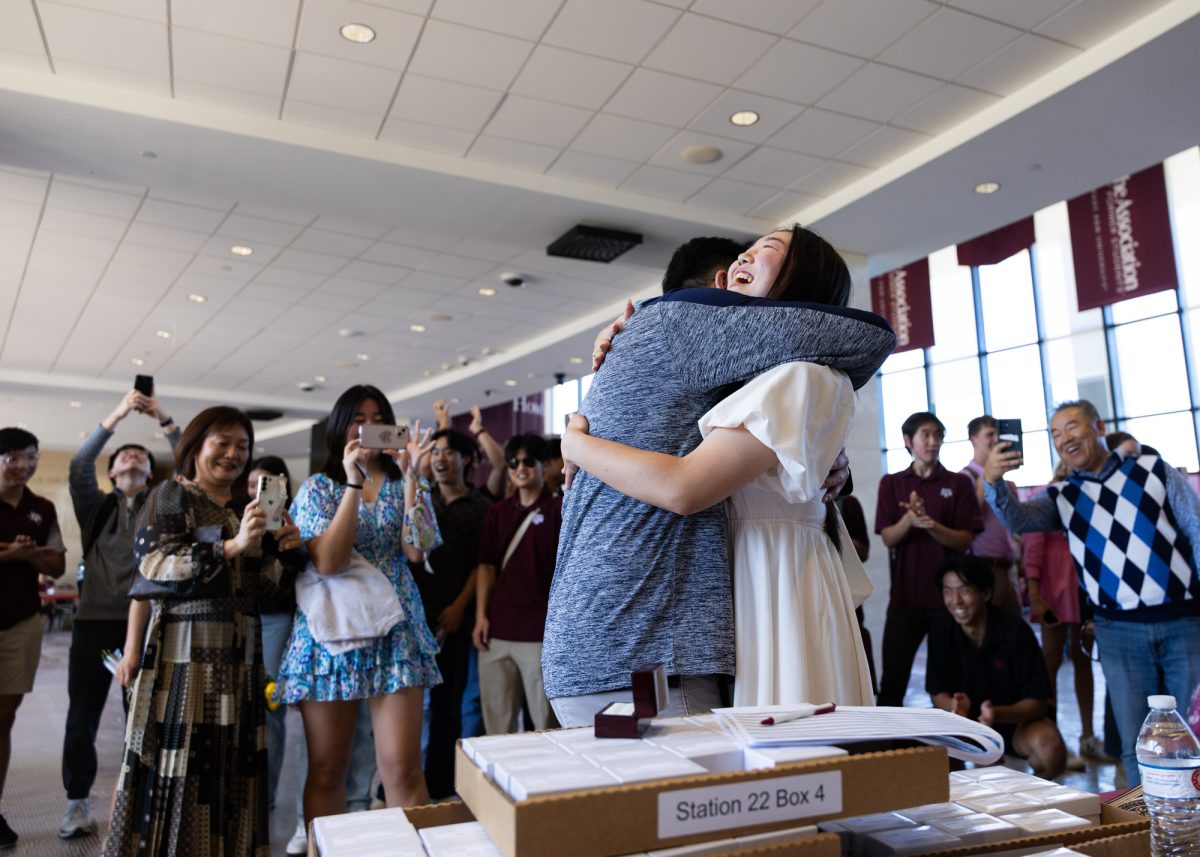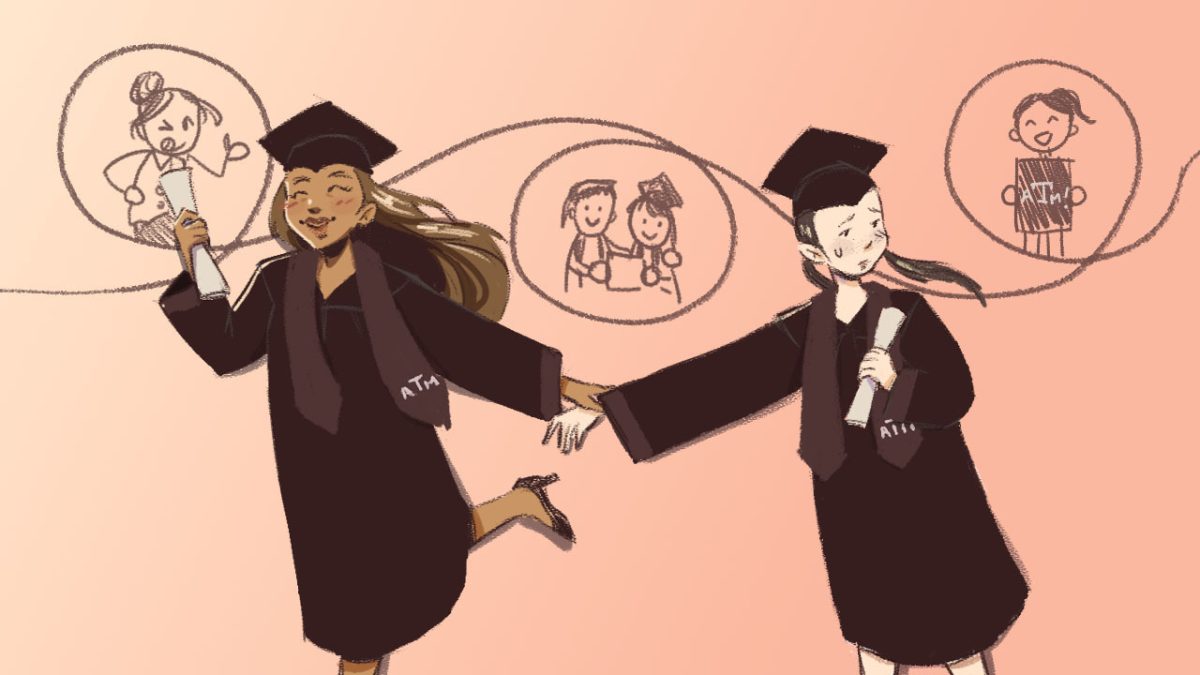Like many people worldwide, I recently watched the Meghan Markle interview with Oprah Winfrey. I saw a woman who refused to be silenced despite years of constant bullying and misogyny from the British media. Markle’s revelations of the negativity she dealt with from the very people she thought would offer her protection were difficult to stomach. We’ve all seen tabloids harass her from the beginning of her romantic relationship with Prince Harry, but we’ve never heard or seen her talk as publicly as she did with Winfrey. In opening her trauma to the world, Markle has reclaimed the power meant to belittle her existence as a human and showed the value of speaking the truth regardless of the conflict or tension it creates.
One cannot talk about Markle’s brief experience as a royal family member and not mention racial gaslighting — the act of taking someone’s reality and telling them it’s imagined or they’re focusing too much on it. This disregard of an individual’s lived experience completely restructures and undervalues the individual as a narrator in their own story. Racial gaslighting also aims to uphold white supremacy’s pillars by labeling those who dare to challenge or question it as crazy or paranoid.
The effects of racial gaslighting can be immense and extremely tiresome. Imagine going through a deeply traumatic experience and then being told it’s completely false and having it dismissed. We cannot ignore the toll gaslighting takes on any individual, regardless of power or status. It leads to one questioning their self-worth and identity as a member of society. In other instances, taking Markle’s interview as an example, gaslighting can lead to depression and suicidal thoughts.
Unfortunately, Markle’s mistreatment by the monarchy and her eventual exit was inevitable. The royal family, after all, is an institution rooted in colonialism and based on white supremacy. How else would you explain concerns over how dark Markle’s son, Archie, would be while Markle was pregnant? Hearing that statement from Markle was shocking yet on-brand for the royal family. This institution believed the soon-to-be-born child was already a liability and a dark stain on the supposed pure bloodline they have known for so long. Rather than embrace change and finally enter into the 21st Century, the monarchy doubled down on its ideals and viewed Markle as nothing more than damaging to its reputation.
Time and time again on the internet, we see well-established people sound a call to action against what they deem “cancel culture.” These are people finally seeing consequences for their actions and reminiscing the days when they could spew harmful statements without fear of retribution. It is also extremely disappointing because they could have spent all that energy protecting those that are actually “canceled” and attacked for their looks, talents and potential, i.e., Black women. Instead, these individuals would rather protect privilege and hate over everything else.
I can’t overstate how much I was in awe of Markle’s bravery and vulnerability during her interview with Winfrey. It must not have been easy to oppose something as significant as the British monarchy. I also want to extend praise for the way Winfrey conducted the interview. She created a presence in which they had an open and honest conversation. To witness two Black women talk about the absurdities and suffering of trying to exist in a space not created for them must have been incredibly validating to the millions of people watching at home as well. Suppose this interview is the beginning of the end of the toxic qualities attached to the monarchy, such as breeding, caste and white supremacy. In that case, it will only show that Black women are once again the unsung heroes of society and should finally get the respect they deserve.
Ozioma Mgbahurike is an electrical engineering sophomore and opinion writer for The Battalion.










